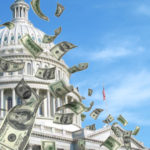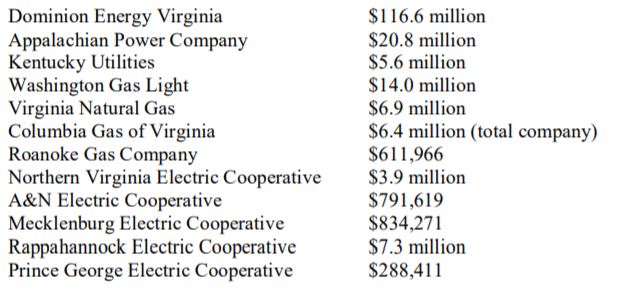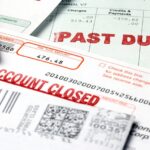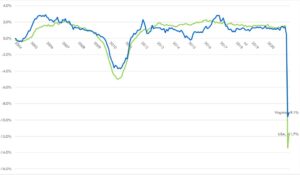Per the Centers for Disease Control’s tracking, more than 4 million death certificates have been recorded in the U.S. during the COVID-19 pandemic. Only 520,000 of them (those recorded so far) listed COVID as primary or contributing cause of death. The survivors of those individuals are eligible for 100% compensation for funeral expenses under the new round of federal COVID spending. Continue reading
About
Bacon's Rebellion is Virginia's leading politically non-aligned portal for news, opinions and analysis about state, regional and local public policy. Read more about us here.Fund the Rebellion
Shake up the status quo!
Your contributions will be used to pay for faster download speeds and grow readership. Make a one-time donation by credit card or contribute a small sum monthly.
Can't wait until tomorrow for your Bacon's Rebellion fix?
Search Bacon’s Rebellion
Content Categories
Archives
The Jefferson Council: Protecting Thomas Jefferson’s Legacy at the University of Virginia

Want More Unfiltered News?
Check out the Bacon’s Rebellion News Feed, linking to raw and unexpurgated news and commentary from Virginia blogs, governments, trade associations, and advocacy groups.
Submit op-eds
We welcome a broad spectrum of views. If you would like to submit an op-ed for publication in Bacon’s Rebellion, contact editor/publisher Jim Bacon at jabacon[at]baconsrebellion.com (substituting “@” for “at”).
Forgot Your Password?
Shoot me an email and I'll generate a new password for you.-
Recent Posts
- Ready for Taxes on Netflix, NFL Sunday Ticket?
- Keffiyehs, Yarmulkes and “Belonging” at UVA
- Public School Enrollments Still Declining
- The Incredibly Shrinking Newspaper
- Diamonds Aren’t Forever
- Will Democrats Shut Down State Over Tax Hike?
- Fairfax Spends More, Teaches Less
- Jeanine’s Memes
- Bacon Meme of the Week
- What the School-Discipline Meltdown Looked like in Newport News
- UVA Report Finds No Pay Inequity for Black, Hispanic Profs
- Utilities Will Gamble on Nukes With Your $$$
- Are Nonchalant Adults Responsible For School Shootings?
- Fighting Over the Check at the Green Power Cafe
- Governor Leaves Consistency and Principle Behind













